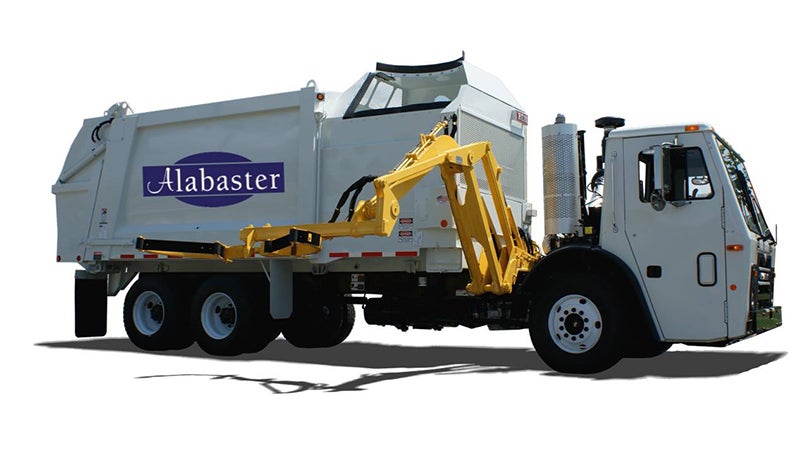Alabaster OKs water line for Limestone facility
Published 12:45 pm Tuesday, October 31, 2017

- Alabaster’s city garbage service will begin the first week of 2018. (File)
By NEAL WAGNER / Managing Editor
ALABASTER – An engineering firm will survey and design a water main extension from U.S. 31 to the city’s new public works facility in Limestone Park, after the City Council agreed to enter into an agreement with the company during an Oct. 23 meeting.
Council members voted unanimously during the meeting to enter into an agreement with the InSite Engineering company to survey and design the water main extension to serve the new facility, which is being constructed between the park’s central lake and the Alabaster Police Department’s shooting range.
Once completed, the water main extension will be about 850 feet of 8-inch ductile iron pipe with four 1-inch connections, a fire department connection and a fire hydrant connection, according to the resolution approved by the council.
During a late August meeting, council members voted to award a $1.25 million bid to Wayne Davis to construct the public works facility at Limestone Park between the park’s central lake and the Alabaster Police Department shooting range.
The facility will include a brick façade on the front, and paving in the area immediately surrounding the building. The city is not currently planning to pave the gravel road leading from U.S. 31 to the garbage truck facility, as was originally planned.
Once completed in spring 2018, the Limestone facility will play a major role in Alabaster’s city-run garbage service, which is slated to begin in January 2018. The city’s current garbage and recycling provider, Advanced Disposal, will continue to serve the city until then.
The council recently voted to keep residential garbage collection rates the same as they are now once the city’s garbage service begins.
The $15.27 monthly residential rate will include one garbage cart and one recycling cart, and customers will pay one-half the residential rate for each additional cart.
Commercial and non-residential customers will pay $30.54 per month, will receive two carts and will pay one-half the commercial rate for each additional cart up to a maximum of four, according to the proposed ordinance.









